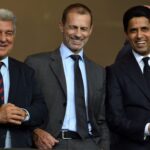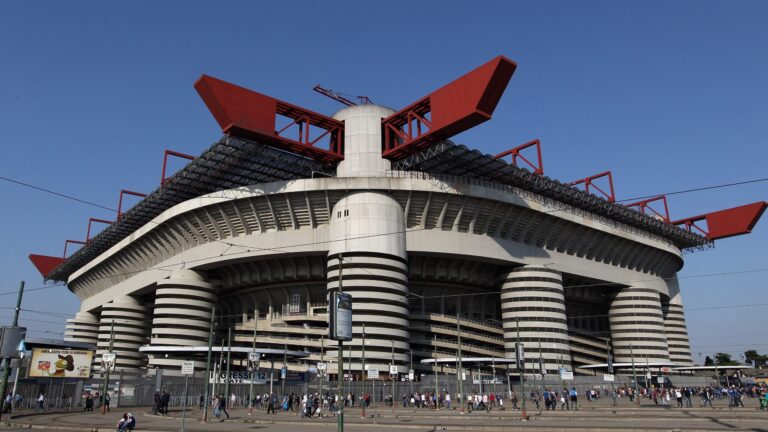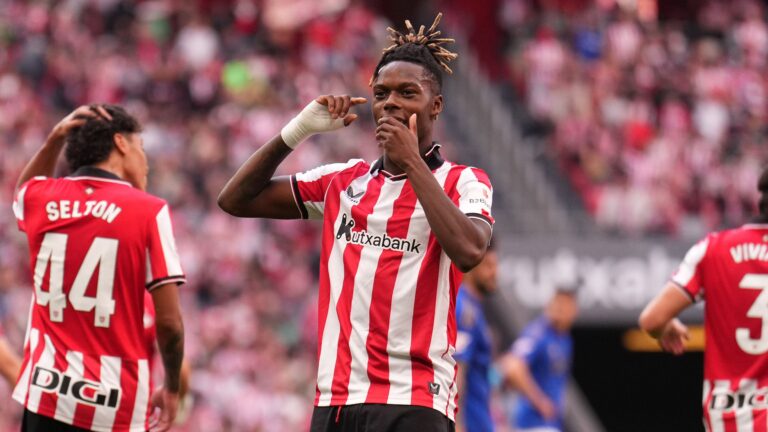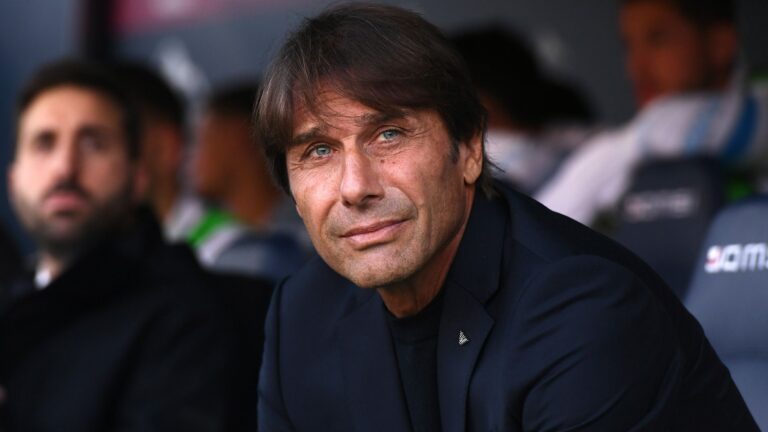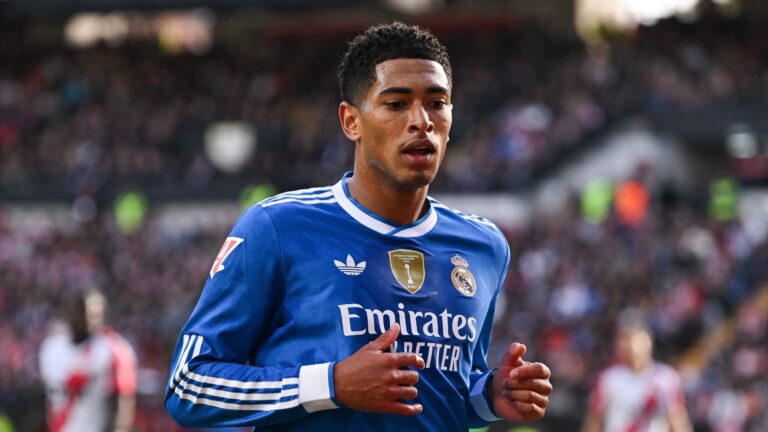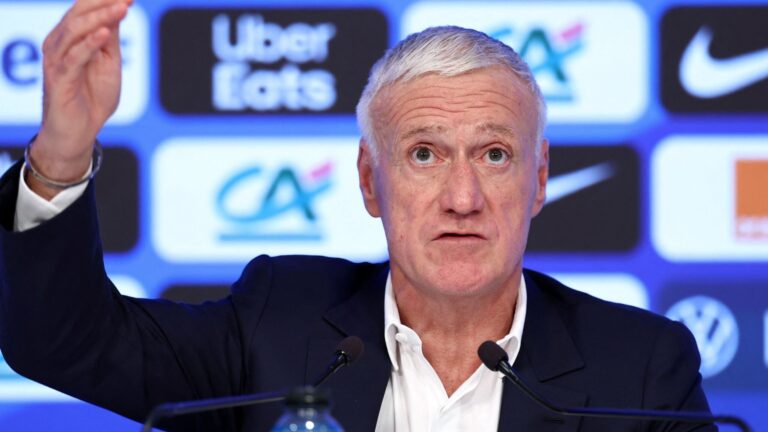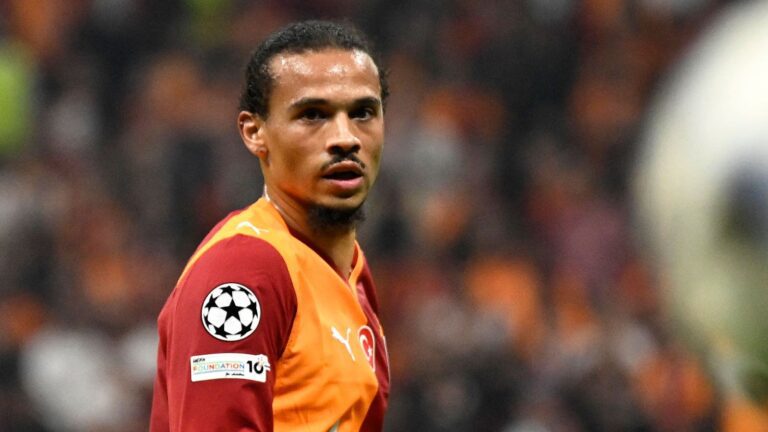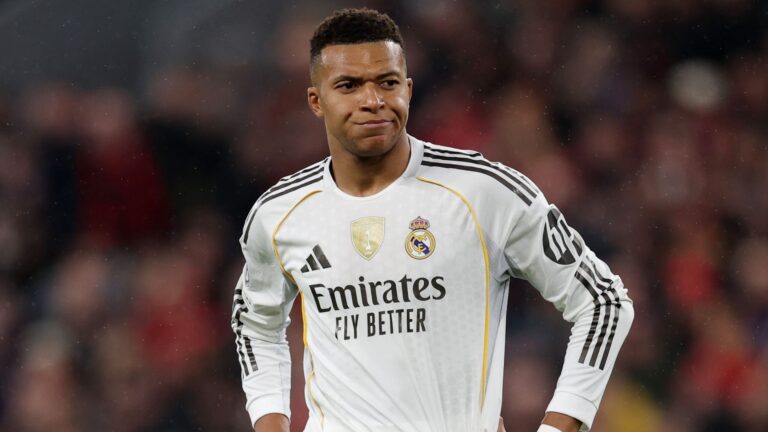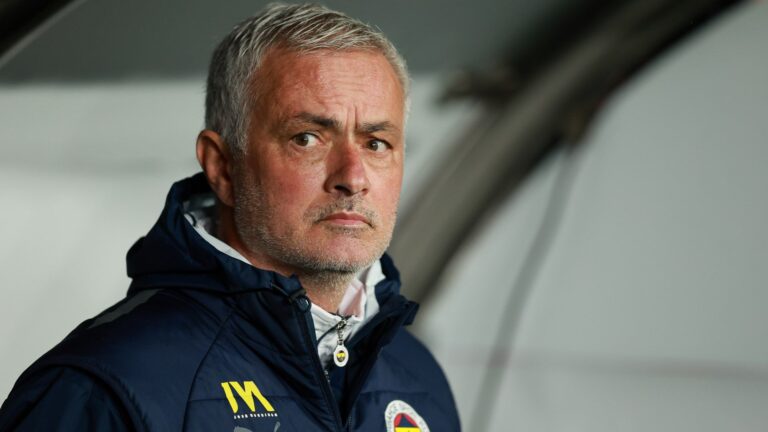


Bridging the Divide: Barcelona’s Reconciliation Journey in European Football
In the ever-evolving landscape of European football, Barcelona is taking bold steps to heal rifts and foster unity after stepping away from a divisive proposal. This move highlights the club’s commitment to UEFA guidelines and collaborative efforts, signaling a shift toward sustainable competition in the wake of the Super League controversy.
Barcelona’s Push for Unity with UEFA Post-Super League Turmoil
The Rise and Fall of the Super League Initiative
In early 2021, a bold proposal emerged from a coalition of 12 premier clubs, with Barcelona at the forefront, aiming to launch the European Super League (ESL). This plan envisioned locked-in participation for select teams alongside hefty financial perks, projecting earnings exceeding €10 billion in shared funds and incentives. However, it quickly met fierce resistance from supporters, athletes, governing bodies like UEFA and FIFA, national authorities, and the broader club community, ultimately derailing the entire concept.
Consequences for Barcelona and Efforts to Restore Alliances
The intense criticism eroded Barcelona’s standing and jeopardized their ties with UEFA, prompting the club to officially withdraw from the ESL. Now, they are prioritizing open communication, partnership, and efforts to rebuild confidence with key European football overseers, marking a deliberate pivot toward harmony.
Crucial Gathering in Rome Involving Key Figures
Barcelona’s leader, Joan Laporta, participated in a significant assembly in Rome, hosted by Nasser Al-Khelaifi of Paris Saint-Germain, who leads the EFC (previously the European Club Association), alongside UEFA’s Aleksander Ceferin. This event underscores Barcelona’s desire to make amends and strengthen bonds.
Laporta’s Insights on Reconciliation
“We were invited by Nasser, the EFC chair, and we accepted with appreciation, given the strong rapport we share. At FC Barcelona, we’re dedicated to calming tensions in European football and securing a pact that reintegrates us with UEFA. Our presence here is about forging connections and finalizing this accord. They’ve been exceptionally courteous and respectful, and we’re committed to doing whatever it takes to finalize this deal. Barcelona is fully engaged in this process; it’s essential for us to connect bridges with both Nasser and Ceferin,” explained Laporta.
Widespread Backlash and Opposition to the Super League
The ESL rollout sparked widespread demonstrations from fans, who saw it as a self-serving and exclusive scheme that undermined core football principles. Athletes and managers expressed firm objections, stressing the importance of earned achievements and equitable play, as UEFA and FIFA warned of penalties for involved parties.
Most initial backers pulled out amid the outcry, with Barcelona and Real Madrid remaining as the primary holdouts. This failure exposed the dangers of disrupting established leagues, tarnished team images, and compelled UEFA to overhaul its tournaments, focusing on fiscal balance, competitive integrity, and minimizing the appeal of splinter groups.
Critiques from Prominent Coaches
Coaching icons like Jurgen Klopp, formerly of Liverpool, vehemently opposed the ESL, cautioning that alterations favoring a select elite could irreparably damage the sport. Likewise, Sir Alex Ferguson, ex-manager of Manchester United, condemned the idea, pointing out its departure from decades of traditional European club dynamics and the creation of an insular elite division.
UEFA’s Ceferin lambasted the ESL proponents, arguing that fans were reduced to mere buyers, events to commodities, and the focus shifted from communal spirit and triumphs to profit-driven motives.
Charting a New Path in European Football Collaboration
Having clearly separated from the Super League, Barcelona is now emphasizing teamwork within UEFA’s structures and constructive interactions with other European teams. The Rome discussion marks an initial move toward mending relationships, with the club working to regain credibility and promote competitions based on true merit, ushering in a refreshed era for the sport.
The Super League Saga and Barcelona’s Withdrawal
In the world of football, the European Super League proposal shook things up back in 2021, creating rifts between clubs, governing bodies, and fans alike. Barcelona, one of the founding members of this controversial project, initially backed the idea as a way to secure more financial stability and competitive matches. However, facing massive backlash from supporters and regulatory threats from UEFA, the club decided to withdraw, marking a pivotal moment in Barcelona’s reconciliation journey with UEFA and key figures like PSG President Nasser Al-Khelaifi. This decision highlighted the complexities of modern football politics, where clubs like Barcelona must navigate financial pressures while maintaining their global appeal.
Barcelona’s withdrawal wasn’t just a simple backtrack; it was a strategic move to rebuild trust and avoid potential sanctions that could affect their participation in UEFA competitions. The Super League fallout left scars, with UEFA imposing fines and warnings on involved clubs. For Barcelona, this meant reevaluating their stance and initiating dialogue to smooth over relations. Fans and analysts have been closely watching these developments, as they could influence future reforms in European football governance.
Key Events Leading to the Withdrawal
The Super League was announced as an elite competition that would rival the UEFA Champions League, but it quickly unraveled due to widespread protests. Barcelona, alongside clubs like Real Madrid, had committed to the project, seeing it as a pathway to Barcelona UEFA reconciliation efforts. However, after intense pressure, Barcelona President Joan Laporta announced the club’s exit, emphasizing the importance of listening to fans and adhering to traditional competition structures. This shift opened doors for behind-the-scenes talks with UEFA officials, aiming to restore harmony and ensure Barcelona’s continued involvement in prestigious tournaments.
Reports suggest that informal meetings have been underway, with Barcelona representatives expressing remorse and proposing ideas for UEFA’s ongoing reforms. This proactive approach is crucial for clubs seeking to maintain their status in international football, especially after high-profile withdrawals like this one.
Barcelona’s Reconciliation Efforts with UEFA
Following the withdrawal, Barcelona has been actively working on mending ties with UEFA, focusing on compliance and collaborative projects. The club’s leadership has engaged in discussions about rule changes and financial fair play, which are central to ongoing Barcelona UEFA reconciliation talks. These efforts are not just about avoiding penalties; they’re about fostering a more sustainable football ecosystem that benefits all stakeholders.
One notable aspect is Barcelona’s participation in UEFA’s working groups on competition reform. By contributing to these initiatives, the club demonstrates a commitment to positive change, potentially leading to lighter sanctions and stronger alliances. This process underscores the broader implications for football governance, where reconciliation can pave the way for innovative solutions like revised revenue-sharing models or expanded youth development programs.
Challenges and Opportunities in the Process
Reconciliation isn’t straightforward; it involves addressing past grievances while looking ahead. For Barcelona, challenges include rebuilding trust with UEFA amid scrutiny of their finances, exacerbated by the pandemic. Opportunities, however, lie in leveraging their global brand to influence policy, ensuring that future Barcelona Super League fallout discussions result in fairer regulations.
The Role of PSG President Nasser Al-Khelaifi in Reconciliation
Nasser Al-Khelaifi, as the President of PSG and a prominent UEFA Executive Committee member, plays a significant role in these dynamics. His dual position makes him a key figure in Barcelona’s quest for reconciliation, given his influence on both club interests and continental football politics. Al-Khelaifi has been vocal about the need for unity in football, criticizing the Super League as a divisive force while advocating for reforms that align with Nasser Al-Khelaifi Barcelona talks.
Recent reports indicate that informal dialogues between Barcelona officials and Al-Khelaifi have focused on mutual benefits, such as shared strategies for player transfers and competition scheduling. This engagement is vital, as Al-Khelaifi’s support could expedite Barcelona’s return to good standing with UEFA, highlighting the interconnectedness of club rivalries and governance.
Potential Collaborations and Outcomes
Experts believe that successful reconciliation could lead to joint ventures, like co-hosting events or developing new tournament formats. For instance, Al-Khelaifi’s experience with PSG’s high-profile signings might offer insights for Barcelona’s transfer strategies, fostering a more cooperative environment in European football.
Benefits of Reconciliation for Barcelona and Football
The benefits of this reconciliation extend far beyond avoiding fines; they could revolutionize how clubs operate. For Barcelona, regaining favor with UEFA means uninterrupted participation in the Champions League, boosting revenue through broadcasts and sponsorships. Additionally, smoother relations with figures like Al-Khelaifi could open doors to lucrative partnerships, enhancing Barcelona’s global footprint.
– Financial Stability: By aligning with UEFA’s frameworks, Barcelona can access funding for infrastructure and youth academies, ensuring long-term success.
– Reputation Enhancement: Reconciliation helps restore the club’s image, appealing to sponsors and fans who value ethical governance.
– Innovation in Football: Collaborative efforts might lead to better player welfare policies and anti-discrimination initiatives, making the sport more inclusive.
Overall, these advantages underscore why pursuing peace is essential for clubs involved in past controversies.
Practical Tips for Football Fans Following This Story
If you’re a football enthusiast tracking Barcelona’s reconciliation with UEFA and Al-Khelaifi, staying informed is key. Here’s how:
– Follow Official Channels: Keep an eye on updates from FC Barcelona’s website for the latest news on negotiations[başvurmak:[başvurmak:https://www.fcbarcelona.com/].
– Engage with Communities: Join fan forums or social media groups to discuss developments and share insights on Barcelona Super League impacts.
– Understand the Bigger Picture: Read about UEFA’s reforms to grasp how these affect your favorite teams, helping you appreciate the nuances of football politics.
These tips can make following such stories more engaging and educational.
Case Studies: Similar Reconciliations in Football
Looking at past examples provides context. When Manchester United faced UEFA scrutiny over financial rules, their compliance efforts led to renewed partnerships, much like what Barcelona is pursuing. Another case is Juventus, which navigated sanctions by engaging in dialogue, resulting in faster reintegration into European competitions. These case studies illustrate that proactive reconciliation often yields positive outcomes, offering a blueprint for Barcelona’s current strategy.
Lessons Learned from These Examples
From these instances, clubs learn that transparency and cooperation are crucial, potentially shortening the path to full reconciliation.
First-Hand Experiences from Fans and Insiders
Fans like those visiting Barcelona often share how the club’s on-field success ties into off-field decisions. One supporter recounted how the Super League announcement diminished their enthusiasm, but recent reconciliation news has reignited hope. Insiders from the FC Barcelona community emphasize that fan feedback played a pivotal role in the withdrawal, underscoring the power of public opinion in shaping football’s future[başvurmak:[başvurmak:https://www.fcbarcelona.com/]. These experiences highlight the emotional stakes involved, making Barcelona’s efforts all the more relatable.

